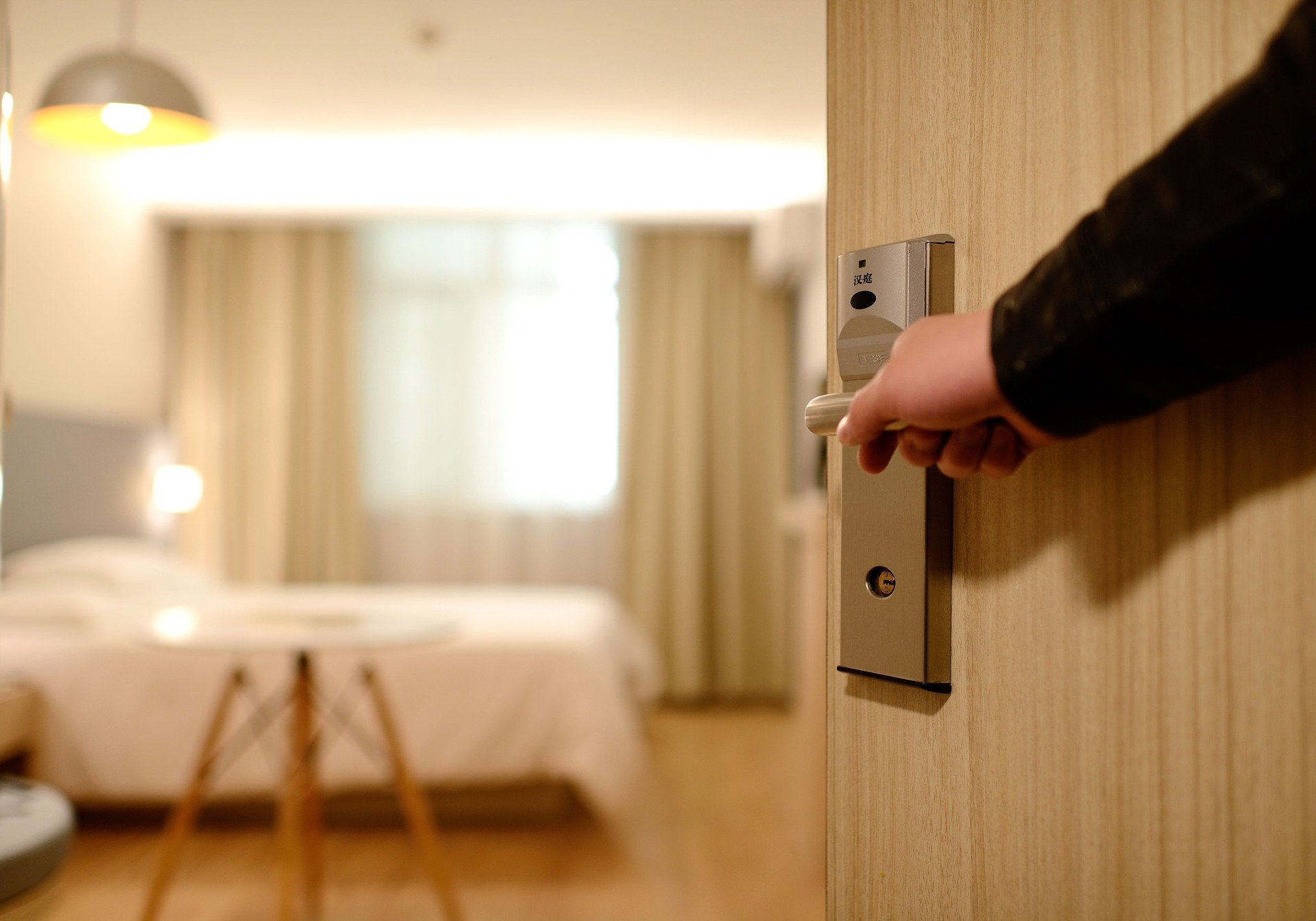With some travel restrictions abroad still in place, more people are recognising the attractions of their own country, and UK hotels are once again enticing guests to stay. From past to present, we take a look at how city hotels became – and remain – so popular:
History in the making
Places for people to stay temporarily have been in existence since the Roman times. Although these were humbler inns, rather than the grand hotels of today. When travel was largely taken on foot, horseback or in horse-drawn carriages and carts, these were a welcome break for weary travellers to rest and recuperate when journeys could take days and weeks, rather than hours.
Many hotels started life as stately homes, and members of royalty and the nobility would often travel between their own or friends’ estates for lengthy visits. These homes were later opened up to the paying public as places to stay.
From the 19th century, the Industrial revolution heralded in the formation of the UK’s big cities, with London, Leeds, Manchester, and Edinburgh becoming power houses. Cities all over the UK established their own hotels, to accommodate the growing visitor numbers.
As more people began to take holidays across the UK and Europe, demand for luxury hotels, to keep them in the manner they were accustomed to, created the style of hotels that we know today. In fact, many hotels had more luxuries than the stately homes the gentry were visiting from, including baths, flushing toilets, electric lights and running water.
Have a nice stay
Today, many of the luxuries which were new and extravagant to guests in the past are just part and parcel of a hotel stay. City hotels are looking for new and novel ways to improve and entice with their hotel experience.
- Hotels for leisure – These are often more stylish and luxurious, offering guests an extravagant stay in plush surroundings, adding a touch of opulence and comfort to a city break.
- Hotels for business – Designed to cater for travelling businesspeople, who may only be staying for a short time. Some business hotels focus on functionality – high speed WIFI, early breakfasts and conference facilities, rather than luxury. There has also been a marked rise in Hotel Apartments, where people working away from home for days or weeks at a time can enjoy the benefits of a hotel stay, but with the comfort of living, working and kitchen areas, so the need to visit the hotel buffet is reduced.
- Hotels for economy – There is fierce competition online for providing the best bookings but at the cheapest price. Guests are much savvier and will ‘shop around’ for the best deal, with budget hotels designed specifically to entice those looking for cheaper travel. Some budget hotels have also introduced things like self-check-in/check-out facilities, reducing the need for the same level of staffing and thus reducing overheads further.
- Hotels with a difference – For some, the more unusual the hotel, the better! Some hotels, particularly in Japanese cities, are actually run by robots; from the reception staff to the cleaners and luggage helpers. Innovations utilising things like automation and artificial intelligence may still feel slightly unnatural now, but with today’s issues of social distancing, it may not be long before sterile machine ‘staff’ become the norm in hotels across the world.
If you’re looking to build, adapt, or develop your hotel, contact us about our measured survey services to see how we can assist you throughout the lifetime of your project.








